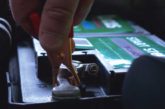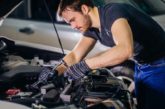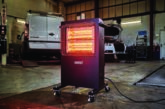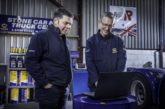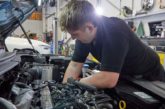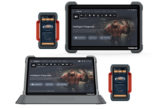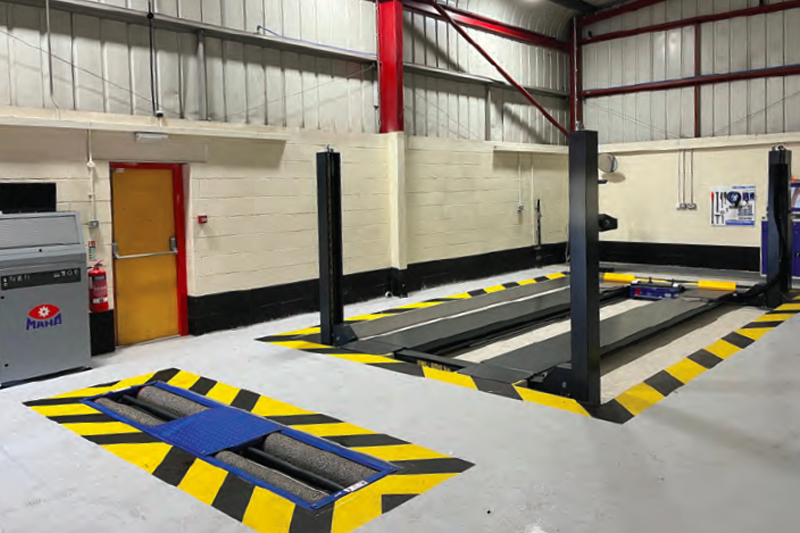
PMM visited MAHA UK’s HQ in Wisbech to chat with managing director Neil Ebbs about the challenges facing both equipment suppliers and garages.
Can you give readers a rundown of MAHA’s history?
We were started in 1968 in Germany by Winfried Rauch and his wife and a friend of his who set the business up in his garage. In the early days, he would make brake testers from old gas bottles. An early client was Ferrari, of all people. In the UK products were distributed via Sun Electric, which was based in King’s Lynn, not far from here.
How important is aftercare when selling garage equipment?
Very. Aftercare is extremely important when selling garage equipment. While the quality of the equipment itself is crucial, aftercare can be just as vital. Consider a situation where a garage has multiple MOT tests lined up and their brake tester malfunctions. Although they can use a decelerometer for up to 48 hours by contacting DVSA, they rely heavily on prompt repair services.
We carry a large inventory of spare parts and strive to repair equipment as quickly as possible. While we cannot always guarantee same-day service, we typically ensure repairs are completed promptly and efficiently, depending on the location and nature of the issue. We have 14 engineers located across the country, all of whom are trained to install, maintain, support, and repair all of the products we sell.
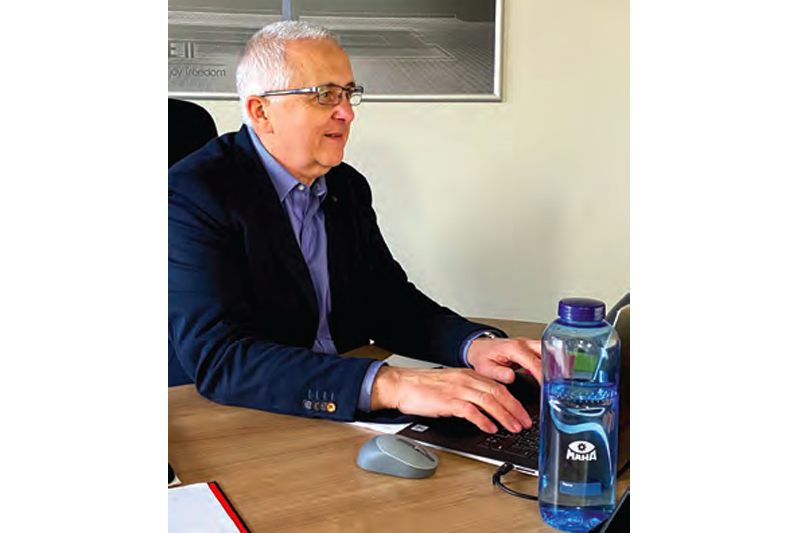
How are garages reacting to connected equipment?
Garages tend to be cautious about connected equipment. Some owners are concerned about privacy and being monitored; for example, a garage owner I recently visited prefers not to switch to connected brake testers, fearing ‘big brother’ surveillance. Despite this, if the DVSA mandated connected equipment within a specified timeframe, I am confident many garages would likely comply and might even view it as a positive development. However, currently, I think there’s a sense of reluctance and scepticism among garage owners.
So why is the DVSA pushing connected equipment in the first place?
Personally, I think the push for connected equipment by the DVSA is driven by a desire to streamline operations and reduce staffing needs. By focusing on data analysis and spot checks, they aim to enhance efficiency.
What is garages’ approach to investing in new equipment?
Garages generally adopt a conservative approach to investing in new equipment. Some expect their equipment to last for decades and continue using older equipment under ‘grandfather rights’.
This results in limited opportunities for upgrading equipment across the 22,500 test stations nationwide. Some garages prefer to avoid investing in new equipment, unless absolutely necessary, opting instead to maintain and use their existing tools for as long as possible. For example, if a lift is not large or long enough to accommodate certain vehicles, the garage may be unable to test those vehicles. This approach helps them avoid significant reinvestment costs, as long as the existing equipment remains functional and meets their operational needs.
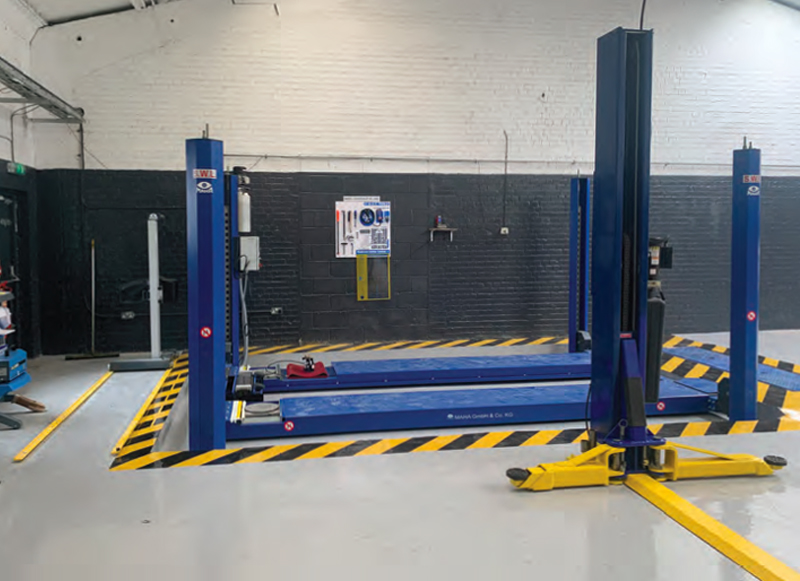
So they have the right to turn vehicles away?
If a garage is operating under ‘grandfather rights’ and their equipment is not suitable for certain vehicles, they may need to turn those vehicles away. For instance, many garages lack the equipment required to test larger vehicles, such as motorhomes, which fall under the Class 4 category.
Independent garages often adopt a longterm perspective when investing in garage equipment. They expect their investment to last 15-plus years and use it until they are no longer functional. Without legislative mandates for upgrades, these garages focus on ensuring their equipment meets current needs and supports revenue generation.

